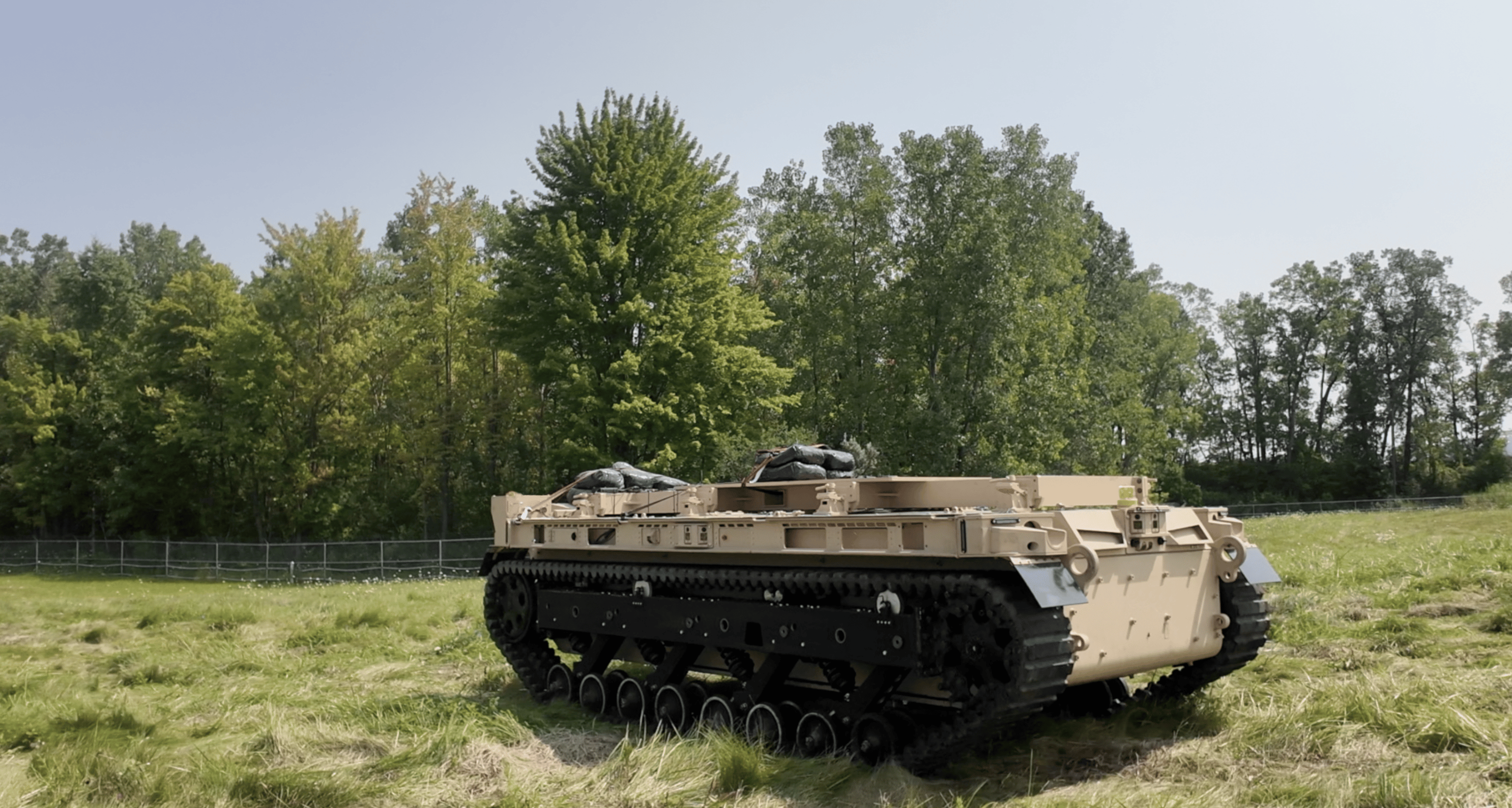ASTM D999 Mechanical Shock Testing for Vehicle Components
The ASTM D999 test method is a critical tool in the military testing sector, especially within the realm of vehicle and land systems. This standard ensures that components are capable of withstanding mechanical shock without compromising functionality or integrity.
During this process, specimens undergo controlled impacts to simulate real-world conditions experienced by vehicles during operations such as driving over rough terrain, landing on uneven surfaces, or being subjected to sudden stops or starts. The primary objective is to evaluate the durability and resilience of materials used in vehicle components like suspension systems, exhaust systems, and other structural parts.
The test setup typically involves an electromagnetic shaker or a drop hammer that delivers controlled shocks to the specimen. Specimens are often fastened securely onto a platform designed to absorb energy during impact. The testing apparatus must adhere strictly to ASTM D999 specifications for accurate results.
Following the application of specified levels and durations of mechanical shock, engineers assess various parameters including deformation, fracture patterns, residual stresses, and changes in material properties. Compliance with these criteria is essential for ensuring reliability under operational conditions.
A key aspect of ASTM D999 testing lies in its ability to predict how components might perform when exposed to harsh environments typical of military operations. By simulating realistic shocks experienced during field use, this method helps identify potential weaknesses early in the development cycle, allowing manufacturers to make necessary adjustments before full-scale production.
Real-world applications extend beyond just land vehicles; aerospace and defense sectors also benefit from ASTM D999 testing as it ensures component integrity across diverse environments. For instance, aircraft landing gear components must withstand significant mechanical shock during takeoff and landing cycles—a scenario closely aligned with ASTM D999 criteria.
The standard plays a vital role in maintaining safety standards by preventing failures that could lead to accidents or mission-critical issues. It supports continuous improvement efforts aimed at enhancing product reliability and performance over time.
In summary, ASTM D999 mechanical shock testing is indispensable for ensuring the durability and integrity of components used in military vehicles and land systems. Its rigorous methodology provides valuable insights into component behavior under extreme conditions, thereby contributing significantly to overall system reliability and safety.
Customer Impact and Satisfaction
The implementation of ASTM D999 mechanical shock testing offers several benefits to customers within the military sector. Firstly, it enhances product quality by identifying potential flaws early in the design process, which ultimately leads to more robust components.
- Increased Reliability: By ensuring that all parts meet stringent test requirements, there is reduced risk of failures during critical missions.
- Better Resource Utilization: Early detection of issues saves time and resources by eliminating the need for costly repairs or replacements later on.
Clients appreciate the detailed reports generated post-testing as they provide comprehensive insights into each component's performance. This transparency fosters trust between manufacturers and end users, reinforcing long-term relationships built on mutual respect and reliability.
Moreover, adherence to international standards like ASTM D999 demonstrates a commitment to excellence, which is highly valued by customers who prioritize quality above all else. The consistent application of these protocols ensures that products meet the highest industry benchmarks consistently.
Environmental and Sustainability Contributions
Incorporating ASTM D999 mechanical shock testing into manufacturing processes contributes positively towards environmental sustainability by promoting efficient use of resources. By identifying weaknesses early on, the method helps prevent waste associated with producing non-functional components.
- Resource Optimization: Early identification of design flaws reduces material consumption and minimizes production costs.
- Eco-Friendly Designs: The ability to test components under extreme conditions ensures that they can perform optimally even in challenging environments, leading to longer lifespans and reduced replacement frequency.
This approach not only benefits the immediate stakeholders but also aligns with broader sustainability goals. It supports initiatives aimed at reducing environmental impact through improved product design and lifecycle management practices.
Additionally, by ensuring that components are durable and reliable, ASTM D999 testing contributes to energy efficiency. Vehicles equipped with well-tested parts consume less fuel over time, thus emitting fewer greenhouse gases per mile traveled.
Competitive Advantage and Market Impact
Adopting ASTM D999 mechanical shock testing provides significant competitive advantages in the military vehicle market. It sets a benchmark for excellence, distinguishing products that have undergone rigorous testing from those that haven't.
- Better Quality Perception: Compliance with international standards enhances brand reputation and consumer confidence, making it easier to capture larger market shares.
- Innovation Leadership: The ability to innovate confidently comes from knowing your products will meet the highest industry standards. This fosters innovation without fear of compromising quality.
The competitive landscape is increasingly shifting towards sustainability and reliability. Products that align with these values are more likely to attract environmentally conscious buyers, which can expand market reach significantly.
Furthermore, meeting stringent testing protocols like ASTM D999 can open doors to new contracts and collaborations within the military sector. Suppliers who demonstrate a commitment to quality through such rigorous methods are seen as reliable partners capable of delivering high-performance products consistently.





